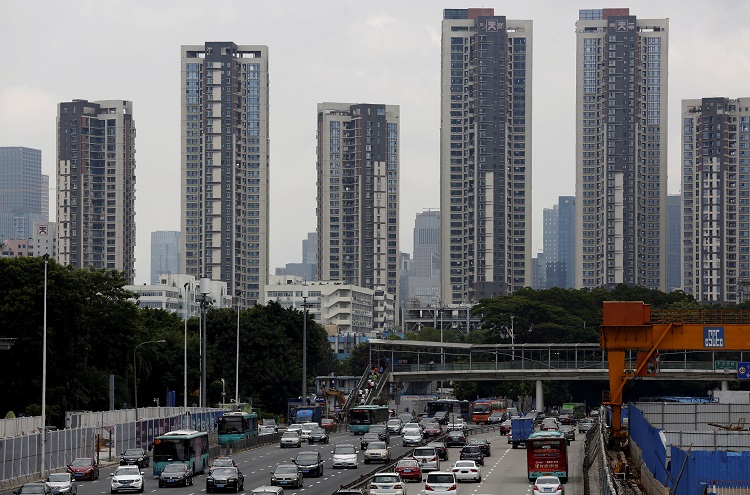Hong Kong is arguably the only city in the world that bears the title "world city," a moniker dubbed by many international organizations. The metro's global prestige, which was reaffirmed by The Economist Intelligence Unit's (EIU) annual The Global Liveability Index just this month, shows that it ranked 35th of 140 major cities.
As per South China Morning Post, the ranking mentioned above is a huge achievement for Hong Kong. After all, the index ratings are considered a tough test.
The city did not only jump 10 places up the rankings, but it also finished third in all of Asia. It is just behind Japan and Osaka but surpasses Singapore. This achievement was largely due to high scores achieved in social stability and high-quality education.
The publication notes, however, that despite the achievement, the city's fundamentals are nowhere near to a significant change. While it has a lower crime rate, it is still facing major challenges in at least three scoring categories: culture, environment, and healthcare.
Another interesting area that Hong Kong needs to tackle is the one noted by many international studies. For a mega-city to achieve success and sustainability, it has to rely heavily on its development in relation to its hinterland.
This puts the Greater Bay Area under the limelight. It is worth noting that Beijing, in all of its efforts, is trying to develop a national strategic plan that will further develop the GBA in southern China, Michael Page reports.
Pretty much like Florida and Tokyo, Beijing has the potential to push cities in Guangdong in working closely with Hong Kong and Macau. These efforts would reportedly result in new energy for development. Ultimately, all of these development initiatives could prove beneficial for Hong Kong.
The only catch here, however, is that Hongkongers do not necessarily value the EIU's broad "liveability" criteria. This is especially true when they try to consider where to live. Hence, social integration will reportedly play a considerable role. This would cultivate a process of adaptation, understanding, and mutual respect.






